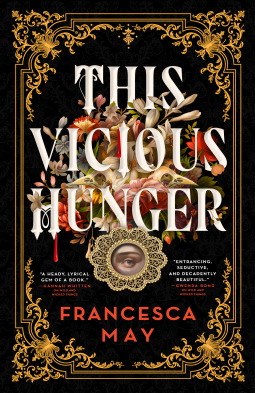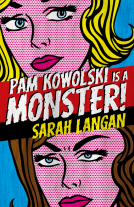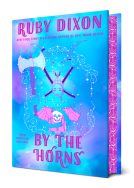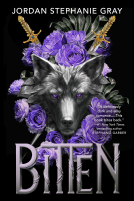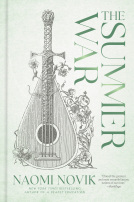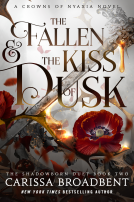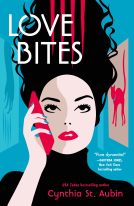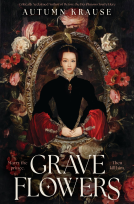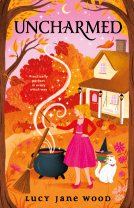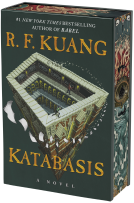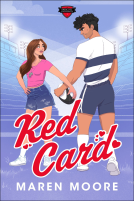This Vicious Hunger
by Francesca May
You must sign in to see if this title is available for request. Sign In or Register Now
Send NetGalley books directly to your Kindle or Kindle app
1
To read on a Kindle or Kindle app, please add kindle@netgalley.com as an approved email address to receive files in your Amazon account. Click here for step-by-step instructions.
2
Also find your Kindle email address within your Amazon account, and enter it here.
Pub Date Aug 26 2025 | Archive Date Not set
Orbit Books | Redhook
Description
This Vicious Hunger is a dark, gothic fantasy of intoxication, obsession, and two women's desperate hunger for knowledge, whatever the cost.
Thora Grieve finds herself destitute and an outcast after the sudden death of her husband, but a glimmer of hope arrives when a family friend offers her the chance to study botany under the tutelage of a famed professor. Once at the university, Thora becomes entranced by a mysterious young woman, Olea, who emerges each night to tend to the plants in the private garden below Thora's window.
Hungry for connection, Thora befriends Olea through the garden gate and their relationship quickly and intensely blossoms. Thora throws herself into finding a cure for the ailment confining Olea to the garden and sinks deeper into a world of beauty, poison, and obsession. Thora has finally found the freedom to pursue her darkest desires, but will it be worth the price?
Thora Grieve finds herself destitute and an outcast after the sudden death of her husband, but a glimmer of hope arrives when a family friend offers her the chance to study botany under the tutelage of a famed professor. Once at the university, Thora becomes entranced by a mysterious young woman, Olea, who emerges each night to tend to the plants in the private garden below Thora's window.
Hungry for connection, Thora befriends Olea through the garden gate and their relationship quickly and intensely blossoms. Thora throws herself into finding a cure for the ailment confining Olea to the garden and sinks deeper into a world of beauty, poison, and obsession. Thora has finally found the freedom to pursue her darkest desires, but will it be worth the price?
Available Editions
| EDITION | Other Format |
| ISBN | 9780316287531 |
| PRICE | $30.00 (USD) |
| PAGES | 432 |
Available on NetGalley
NetGalley Reader (EPUB)
NetGalley Shelf App (EPUB)
Send to Kindle (EPUB)
Send to Kobo (EPUB)
Download (EPUB)
